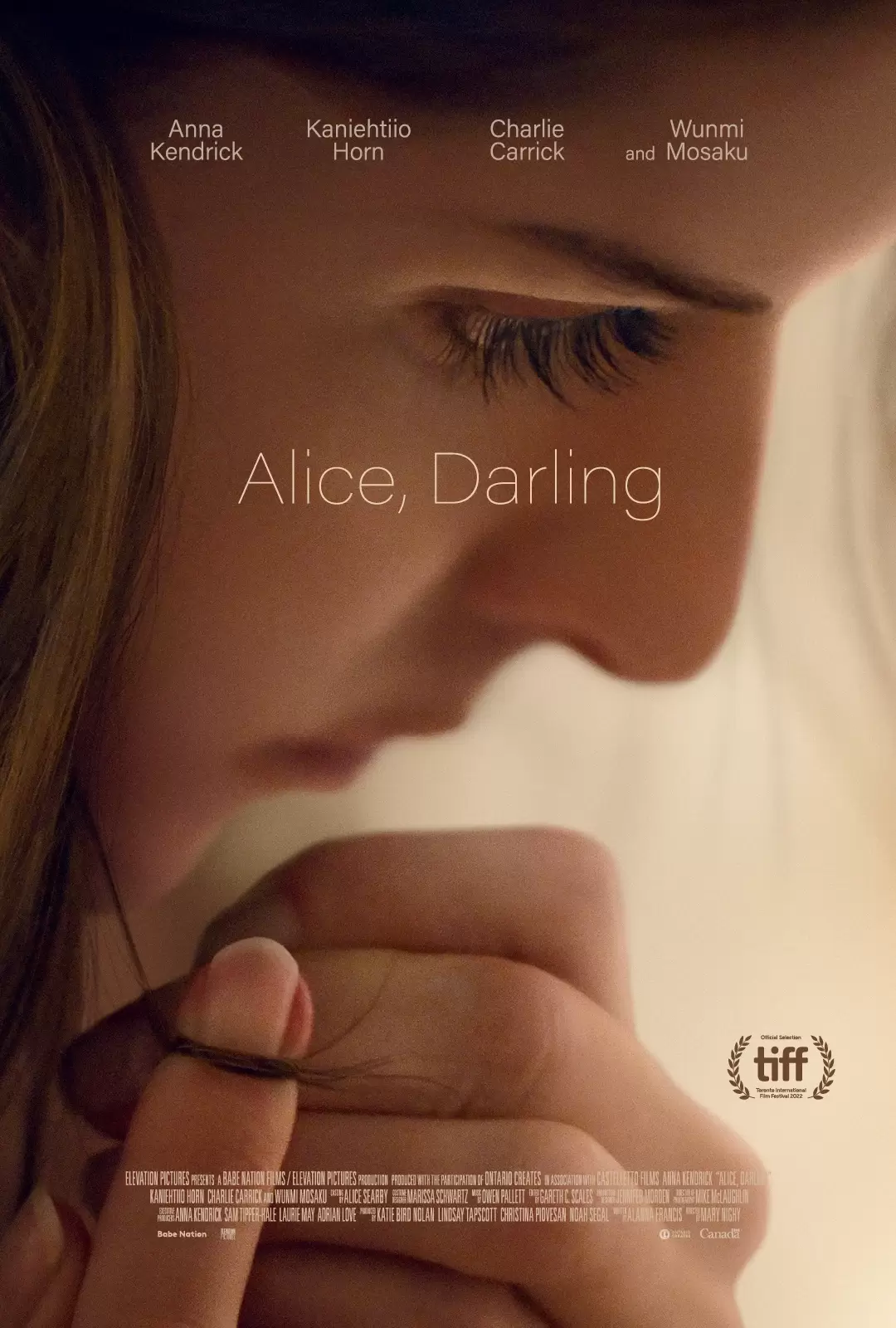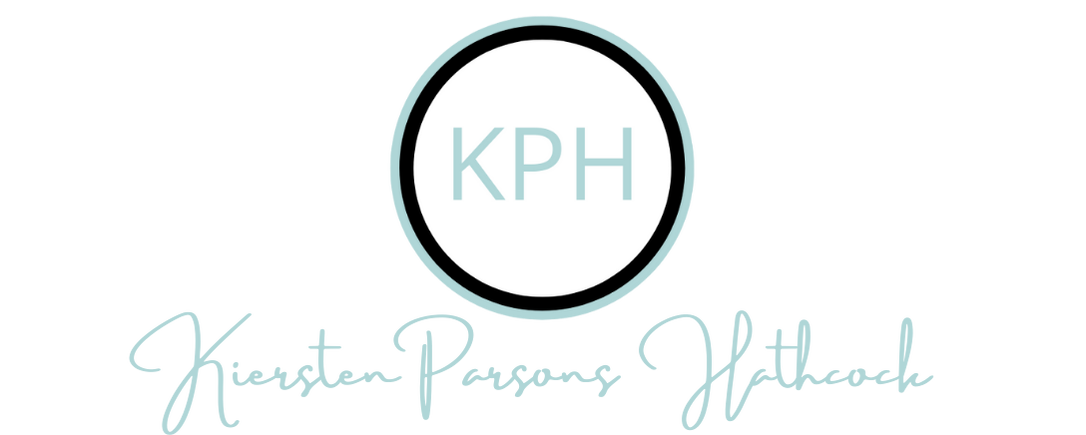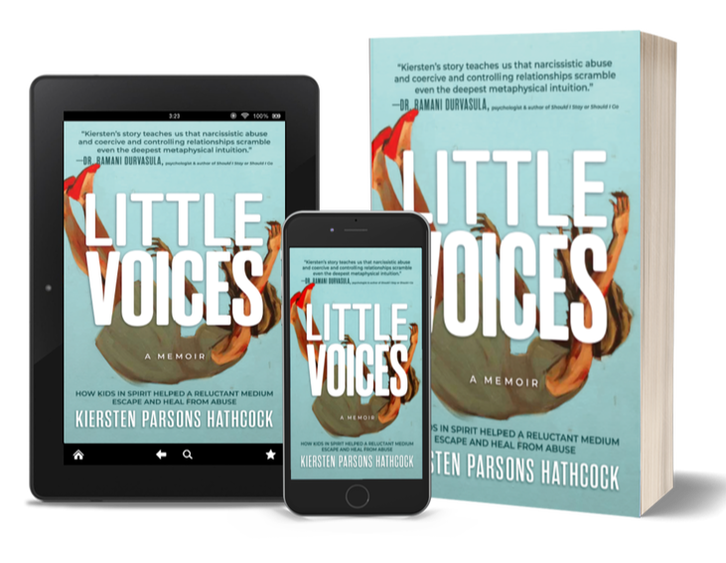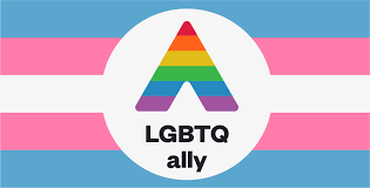|
*Trigger Warning for survivors of domestic violence.* Alice, Darling When I first saw the preview for the movie Alice, Darling, I knew I had to watch it. The pull was not in a “can’t wait to see it” kind of way (Top Gun 3, anyone?), but rather a “tiptoe down a hallway to a scary dark closet” kind of way. Most of the skeletons from my three-year relationship from hell were cleaned out years ago, but I knew this film would uncover the last skeleton hidden deep in the back corner. The one I really didn’t want to talk about. On the flight back from Ohio, I knew it was the right time to immerse myself in Alice’s world. The film powerfully depicts the realities of living in an emotionally abusive, controlling relationship. Until I fell into my ex’s trap, I didn’t understood how and why victims didn’t just leave. And I certainly didn’t understand how soul sucking psychological abuse is—both physically and emotionally. Now, back to the closet. Remember that skeleton I mentioned earlier? Like the main character Alice, not only was my hair falling out during the darkness that was my world from 2014-2017, but I, too, started pulling my hair out. I’d always twisted my hair like many bite their fingernails, but this was different. Dealing with the daily rollercoaster of abuse increased my anxiety to record levels. I’ve never really talked about that openly before. To be honest, I didn’t even know that hair pulling was a thing. I thought I was just mindlessly twisting my hair. Until I wasn’t twisting it…I was unconsciously pulling it out in times of stress. If you’ve been in an abusive relationship, you know that “times of stress” pretty much means 100 percent of the time. When you’re together, you wonder if he’ll be Jekyll or Hyde, and best guess is never correct. “You’re a thick fucking brick,” he’d say, when I’d done something to tick him off, like dressing up for a work outing only to be told that I never dressed up for him. Read: you’re dressing up for others, so you must be wanting their attention. Even when you’re apart, you’re hyper aware about responding to texts and calls right away, because if you don’t, all hell will break loose. You worry that the random guy connected to you on Facebook will publicly comment on a post making your abusive partner question if you know him. If you like him. If he’s ever flirted with you. If he’s written to you privately. If you’ve ever talked with him. If you’re hiding something. And on, and on, and on. You can’t go on trips to see friends without your phone blowing up a million times a day. Don’t even get me started on birthdays, holidays, and important days. I did my best to stay three steps ahead. I had a checklist of sorts for when we were together.
I spent many a night trying to catch my breath, not understanding why my body was restricting my lung capacity. Alice experienced panic attacks, too. It wasn’t until I finally left that I realized the air was slowly being sucked out of my life. There was no freedom or ease. I was suffocating in ways I never thought possible. At the end of the movie, I watched Alice grapple with the shame of it all. The shame that comes with going down the rabbit hole of an abusive relationship and not being able to leave. “Where do I put the shame?” Alice asks. Her friends suggest she give it to them. (That line really choked me up.) Shame destroys us from the inside out, keeping us trapped in things that aren’t good for us. Shame keeps us from talking about what we did while we were coping with unimaginable pain. Like unconsciously pulling your hair out. If you’ve survived (or are surviving) a controlling, abusive relationship, forgive yourself for whatever you did during the surviving. You were simply surviving day by day. That alone is worth celebrating. Then give the shame to me. <3 ---- Alice, Darling is available for streaming. Click here for the movie trailer.
0 Comments
|
Categories
All
Archives
June 2024
|
|
All rights reserved. 2022.
|


 RSS Feed
RSS Feed



